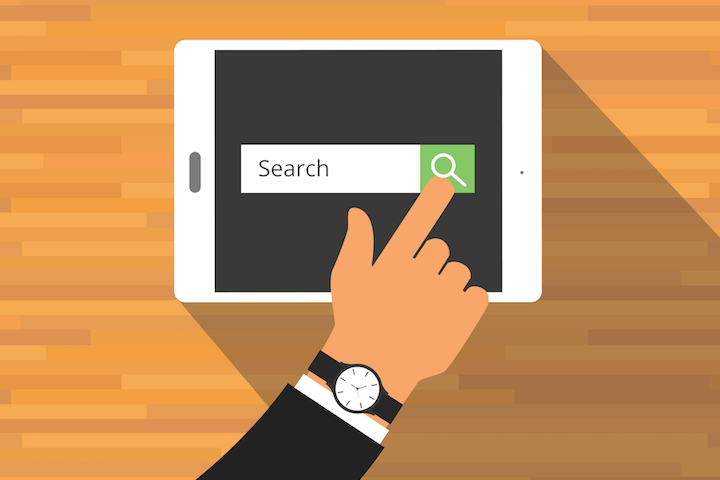The last two years we have seen some significant updates by Google related to mobile users. In April of 2015, a new algorithm was released by Google which would possibly boost, or decrease your ranking, depending on whether or not your website was mobile-friendly. It didn’t end there. More major news by Google came out towards the end of last year having to do with mobile. Google announced that starting sometime in 2017, they would for the first time be splitting their index into two, a desktop index and a mobile index. Up until now, your site and its pages were only indexed once by google, so it didn't matter if you did a search on your desktop computer or your smartphone, as it would return the same results. With this future update, you will now have to track your search engine ranking for both desktop and mobile to ensure that your site is ranking well on each one.
Why the Change?
So you may be wondering: Why? Why the change now to split the index? To be honest it was quite inevitable. For years now we have seen a steady decline of desktop users, while on the other hand, the amount of time spent on mobile devices has continued to drastically increase. Google knows that this is not some temporary trend, but the direction our digital world is headed. As mobile technology continues to advance, we will only see an increase of average time spent on smartphones and other mobile devices. Thus, the king of old, desktop, is being dethroned. With a move this big by splitting the index in two, Google is confirming that mobile is of first importance. As years go on, we may even see the desktop index disappear completely if mobile continues its aggressive takeover of digital. Thus, it makes perfect sense why Google decided to split the index in two and prioritize mobile as being the more important index.
Preparing for the Split
So now what? What needs to be done to ensure you don’t start off on the wrong foot with mobile-first ranking? Many people are under the impression that by merely having a mobile-friendly site that they are set. This could not be further from the truth. A website being mobile-friendly is not sufficient enough to ensure solid ranking in Google’s mobile-first index. In my opinion, there are two main ways companies can give themselves the best shot at having a strong mobile ranking:
- Responsive Page Designs
- Accelerated Page Speeds
The first, responsive page designs, is extremely important as Google does not want to see any loss of content. The issue with a website merely being mobile-friendly, is that this does not ensure that the same content on a desktop is just as accessible on mobile. On many mobile-friendly sites, some content can get lost depending on how the mobile version of the site is setup. Google’s bots will crawl and determine what content is available on the mobile version of your website, as well as how easily accessible that content is. As we discussed earlier, there are more mobile users now than desktop users, so Google will want the mobile experience of your website to be as good as, if not better than, your desktop version.
Secondly, the speed in which your website loads on mobile devices is crucial, specifically for two reasons. The first is that Google’s algorithm gives a boost to sites whose pages load quickly. Optimizing your mobile site to accelerate the speed at which pages load can give you an edge over your competitor's websites which may load at slower speeds. The second reason why your page load speed is important has to do with the user experience. Studies by Google have found that 53% of users will exit a website if pages take longer than 3 seconds to load. That should be a very frightening statistic. Your entire marketing strategy, including your content, website design, and other features, will mean nothing if visitors to your site get frustrated with how long pages take to load and decide to leave. A free tool that I recommend using is Google’s PageSpeed tool, which will analyze any page you specify, giving a ranking to that page, and provide helpful suggestions of things you should fix and other ways you can optimize the page.
With the index split coming any day now, it is extremely important that you prepare for this massive update. The separation of mobile and desktop indexes will have a significant impact on the rankings of many websites, so don’t wait patiently for the update to take place, but be proactive and take the precautionary steps needed to ensure that your site will rank well right from the start. If you have any questions feel free to comment below.

